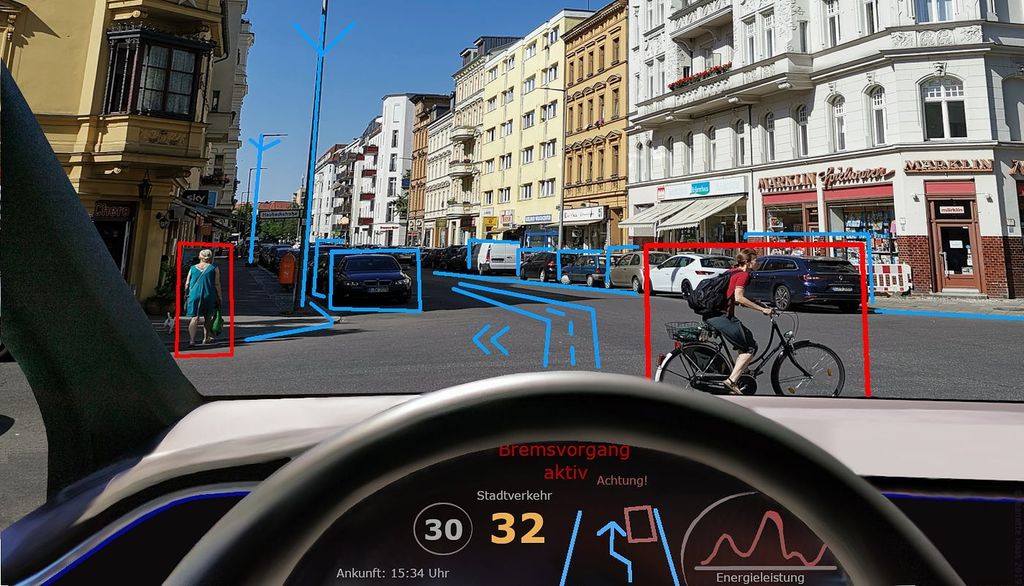AI Technology: Revolutionizing Personal Life

Simplifying Daily Tasks with AI Assistants
AI technology is transforming personal life by simplifying daily tasks through the use of AI assistants. These intelligent virtual helpers are designed to make your life easier and more efficient. With AI assistants, you can delegate mundane tasks such as scheduling appointments, managing to-do lists, and organizing your calendar. This frees up your time and allows you to focus on more important activities.
Achieving Personal Goals with AI-powered Apps
With the help of AI-powered apps, you can take your personal goals to new heights. Whether you want to improve your fitness, learn a new skill, or manage your finances, AI technology can provide the tools and support you need to succeed. By leveraging advanced algorithms and machine learning, these apps can analyze your data, provide personalized recommendations, and track your progress over time. With AI by your side, you can stay motivated, make smarter decisions, and achieve your goals faster than ever before.
Enhancing Relationships through AI-driven Communication
AI technology has transformed the way we communicate with each other, bringing about significant societal changes. With AI-powered communication tools, you can now connect with others more efficiently and effectively. Whether it's through voice assistants, chatbots, or language translation, AI enables seamless communication across language barriers and enhances the overall quality of interactions.
Improving Health and Wellness with AI-based Solutions
Artificial intelligence is revolutionizing the field of health and wellness, bringing about significant societal impact. With AI-powered solutions, individuals can now access personalized healthcare and make informed decisions about their well-being. AI technology has the potential to transform healthcare systems, making them more efficient, accurate, and accessible to all. By leveraging AI algorithms and machine learning, healthcare professionals can analyze large amounts of data to identify patterns, predict diseases, and develop targeted treatment plans. This not only improves patient outcomes but also reduces healthcare costs.